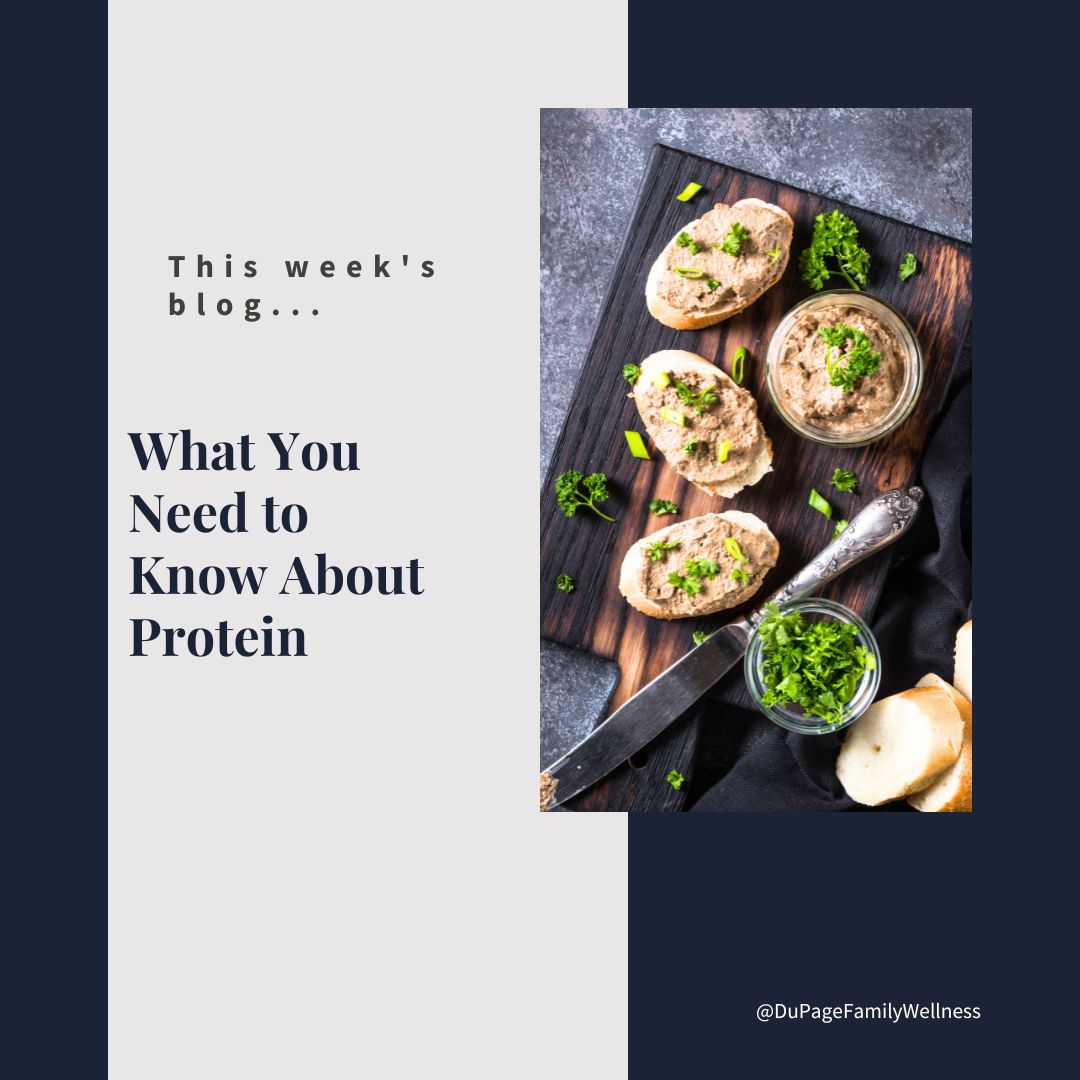 According to livestrong.com, protein helps “build muscles, produce new cells, regulate hormones and enzymes, heal wounds, and promote immune function”. Since the body does not store protein, it depends on your diet to provide adequate amounts.
According to livestrong.com, protein helps “build muscles, produce new cells, regulate hormones and enzymes, heal wounds, and promote immune function”. Since the body does not store protein, it depends on your diet to provide adequate amounts.
Getting enough protein in your diet significantly impacts your health because every cell in your body contains protein. Since it contains amino acids that replenish and repair all the tissues in your body, it is considered the most important macronutrient in building muscle.
Protein is great for those wanting to lose weight. The added muscle mass it promotes can elevate your metabolic rate. It also helps stabilize your blood sugar and makes you feel full longer.
Let’s look at the healthiest ways to get this protein.
Animal Protein
Quality meat can be a wonderful source of protein. You can tell the quality of the meat by considering how the animal was raised and what it did while it was alive. Determining the farmer's practices is extremely important as it has a direct impact on your health. It is not just in the animals' best interest to be grass-fed or free-range; it is in yours.
A study done by Mother Earth News found that free-range eggs were much more nutritious than conventional ones. They had...
- 2/3x more Vitamin A
- 2x more Omega-3
- 3x more Vitamin E
- 7x more Beta Carotene
Grass-fed beef has also been found to contain higher levels of vitamins, antioxidants, and anti-inflammatory Omega 3 fatty acids than conventional beef.
Plant-Based Protein
Plant proteins are a bit tricky. They provide valuable nutrients but are not considered complete proteins because they lack one or more of the essential amino acids. Getting the nutrients you need through plant proteins is possible, however, you need to be strategic to ensure you get all your nutrients.
Many people rely on plant protein for health reasons, believing it is superior to animal-based protein. If you avoid it for this reason, consider that it would take 12 ounces of kidney beans with a cup of rice to get the same amount of protein in a 4-ounce steak. That would give you 638 calories (and 122 grams of carbs) compared to 181 calories from the steak.
As I mentioned above, getting enough protein from a healthy vegan diet is possible if you are intentional. The following are some good plant-based protein sources that can help you get what you need.
- Whole, organic, non-GMO soy products such as tofu. (Please do NOT rely on products containing soy protein isolates or concentrates often found in soy burgers, meatless chicken, and protein bars.)
- Nuts & seeds
- Beans & lentils (if your body tolerates them well.)
- Quinoa, rice, and other grains
- Some plant-based protein shakes may be useful if you struggle to get enough protein, but check the ingredients carefully.
This Vegetarian and Vegan Guide was created by Mark Hyman, M.D. It is a great resource for vegans and vegetarians trying to eat a nutrient-dense diet.
Buying Quality Protein
Companies spend a lot of money each year marketing their products. They may intentionally use terms to mislead their consumers into thinking something is high quality when it may not be. The following chart can help you decipher these terms, so you know what to look for when you shop.
*For more about these terms check out our Protein Guide.
How Much Protein
Consuming one serving of protein at every meal is a good place to start. One serving is roughly the size of the palm of your hand or a deck of cards. If you are reading labels, aim for at least 25-30 grams in each meal.
Your body and activity level are unique, so listen to your body. It is the best indicator of how much protein is right for you. If you don’t eat much protein, consider adding some to see how it makes you feel. If you eat a lot of protein, ask yourself if it sits well with you.
If you are unsure how much protein you need, this article may be helpful.
Eating the Whole Animal
As you all know by now, I like to relate everything to how our ancestors used to live. Instead of just eating muscle meats (chicken thighs, steak, ground beef, etc.), our ancestors used to eat the entire animal. We try to buy our animals from a local farm by the quarter or half animal so we get the organ meat too. The health benefits of this practice are astounding.
My sister, Joelle Kurczodyna, gives liver credit for helping her body to heal when she was struggling with infertility. You may remember eating liver as a child, and you may have hated it (or you may have loved it). If you are one of the former, check out my sister's story here. In it, she shares ways to get the health benefits without suffering through a taste you don’t like. It is worth trying because the liver is one of the most nutrient-dense foods available.
Bone broth made from the bones of animals is great for soups and stews. You can also just drink it straight. The gelatin freed during the cooking process is good for your hair, skin, and nails. It has a different amino acid profile than muscle meats and can help balance your protein intake in an incredibly beneficial way. I love this article on how to use gelatin and why it's so good for you.
If you want to eat in a nutrient-dense way but need a little more guidance, let's talk about it at your next visit. You may be surprised that small changes can really set you up for success!
Dr. Jamie

